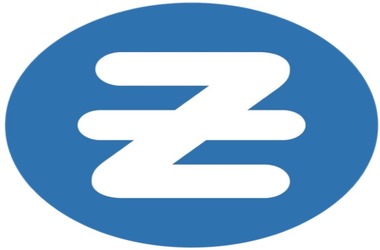 Brave, which has quickly gained popularity for protecting privacy of internet users with its unique browser, is now taking Google head-on. The company founded by Brendan Eich, Mozilla pioneer, and raised money through an ICO, has launched formal complaints against the tech giant Google in Britain and Ireland, with an aim to activate certain provisions in the European General Data Protection Regulation (GDPR) implemented recently. If the complaint gets accepted then an elaborate investigation into the software giant’s data policy will be opened.
Brave, which has quickly gained popularity for protecting privacy of internet users with its unique browser, is now taking Google head-on. The company founded by Brendan Eich, Mozilla pioneer, and raised money through an ICO, has launched formal complaints against the tech giant Google in Britain and Ireland, with an aim to activate certain provisions in the European General Data Protection Regulation (GDPR) implemented recently. If the complaint gets accepted then an elaborate investigation into the software giant’s data policy will be opened.
Brave’s GDPR Complaint Against Google
Brave, in its complaint, has alleged that Google’s “real-time” bidding facility allows businesses to purchase ads that expose sensitive user data such as ethnicity, sexuality and political views, which are not allowed under GDPR.
Brave’s chief policy officer Johnny Ryan explained
“There is a massive and systematic data breach at the heart of the behavioral advertising industry. Despite the two-year lead-in period before the GDPR, adtech companies have failed to comply.”
If Brave attains success in its appeal, then it could topple the data driven advertising industry upside down. The industry is anticipated to worth about $273 billion this year. Furthermore, Google could face another hefty fine as GPDR empowers the EU to slap mammoth fines of up to 4% of the total revenue.
In 2017, Alphabet, parent company of Google, posted revenues of just under $111 billion in revenue in 2017.
Google refuted charges by detailing that its privacy policies have been studied by the EU regulators and ensure protection of user data.
The Silicon Valley Company further stated
“We build privacy and security into all our products from the very earliest stages and are committed to complying with the EU General Data Protection Regulation. We provide users with meaningful data transparency and controls across all the services that we provide in the EU, including for personalized advertising.”
At the same time, CNET has reported that Brave has migrated from the default eponymous search engine of Google to privacy-focused Qwant.
Brave executives spoke high of Qwant’s commitment to privacy by avoiding tracking users or recording search history. However, the tool cannot provide custom search results based on individuals preferences. Google, which is an uncrowned leader in tracking internet users, does not offer privacy. Additionally, it is well-tuned to “confine the user to a filter bubble.”
In a separate interview with CNET, Ryan said
“The overriding commercial incentive for many ad tech companies is to share as much data with as many partners as possible. This is a ‘clean tech’ moment, and ad tech is fighting it the same way that Detroit fought the electric car. It is time to move on.”








